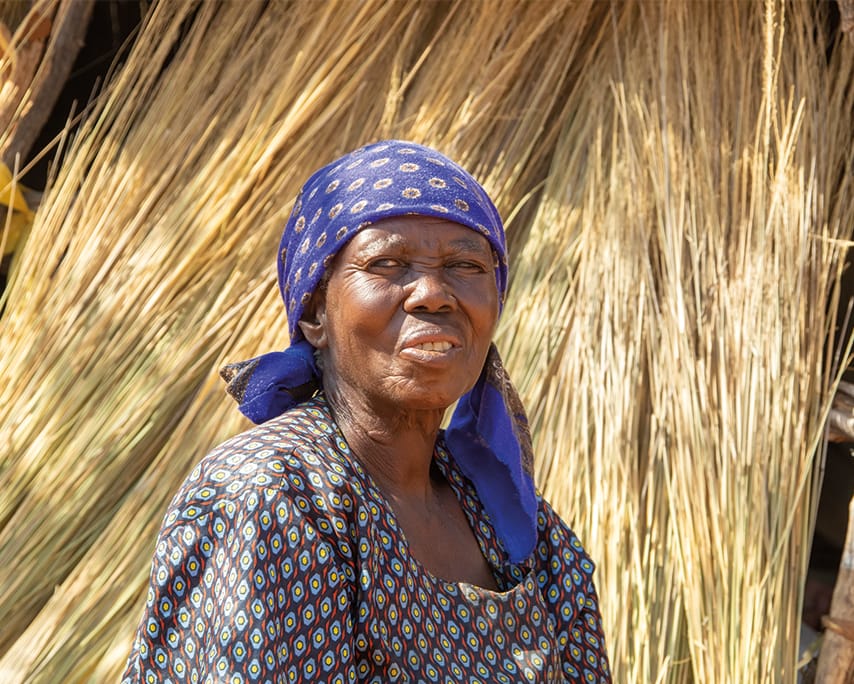Restoring women’s traditional knowledge and leadership for resilience
For centuries, women worldwide have demonstrated remarkable resilience as the custodians of traditional knowledge related to agriculture, water management, and caregiving. Despite the challenges of colonisation, modernisation, and changing social structures, they have preserved these vital roles. However, their invaluable contributions have often been overshadowed by patriarchal systems and external interventions. This year’s International Day of Rural Women is a testament to their resilience, calling for the restoration and empowerment of women’s roles in crafting sustainable solutions to today’s global crises.
Women, particularly in rural areas, possess profound knowledge of ecosystems, local environmental cycles, and sustainable agricultural practices. This wisdom, passed down through generations, is essential to food production and resource management. For instance, rural women are often experts in seed preservation, soil fertility, water conservation, and climate-resilient farming techniques. These practices, developed over centuries, are critical for sustaining livelihoods due to shifting weather patterns and diminishing resources.
Beyond their ecological expertise, women frequently serve as key leaders within their families and communities. Whether distributing resources during times of scarcity or coordinating responses in times of crisis, their leadership has been instrumental in maintaining stability. Restoring women’s leadership means acknowledging and empowering them to spearhead sustainable practices that can help shield their communities from the devastating impacts of climate change, hunger, and poverty.
By re-establishing women’s leadership in crisis management and resilience-building, communities become better equipped to adapt to their growing challenges. Women’s leadership fosters a sense of unity and collaboration, ensuring the survival and well-being of entire populations, especially in rural areas where resources are often scarce.
Indigenous women, in particular, are renowned for their leadership in environmental conservation. Their deep connection to the land, sustained by ancestral knowledge, enables them to manage ecosystems in ways that preserve biodiversity and prevent ecological degradation. Many of these women are at the forefront of climate action movements, advocating for urgent environmental policies protecting their communities and the planet. In areas where women are directly responsible for agricultural production and natural resource management, their voices and actions have a significant impact. They are the advocates and driving force behind sustainable development, from water management to forest care. As climate change increasingly threatens their livelihoods, rural women have risen as vocal advocates for climate action locally and globally.
As the world marks the International Day of Rural Women, it is crucial to recognise rural women’s essential role in ensuring food security, managing natural resources, and building resilience against global crises like climate change. Restoring rural women’s traditional knowledge and leadership is not only a moral imperative but also a practical solution that harnesses their wisdom and contributions to solve some of the most urgent challenges of our time.



